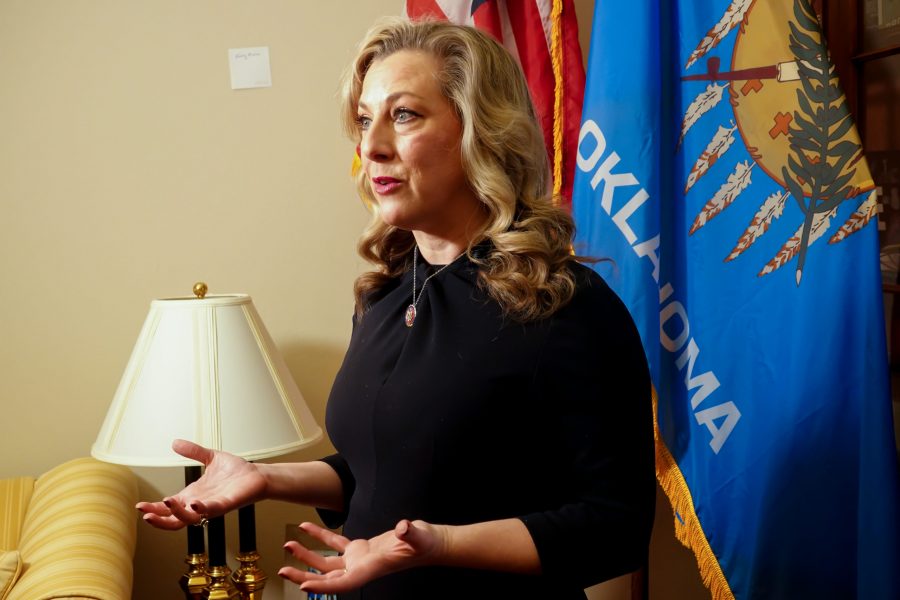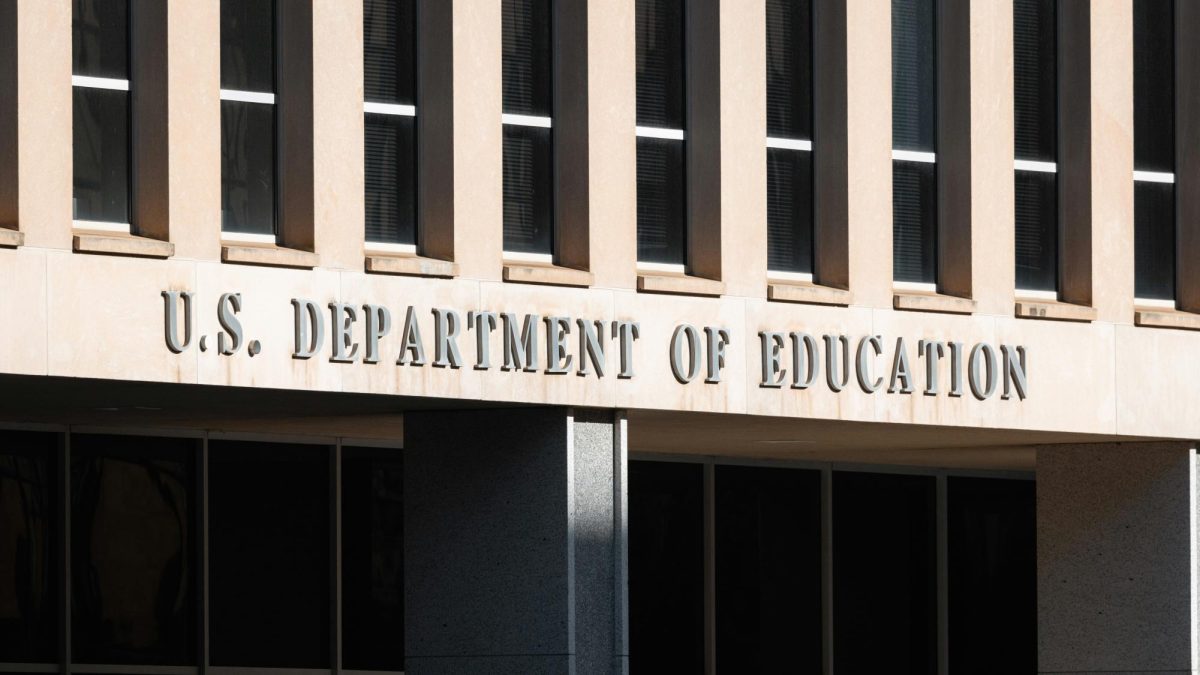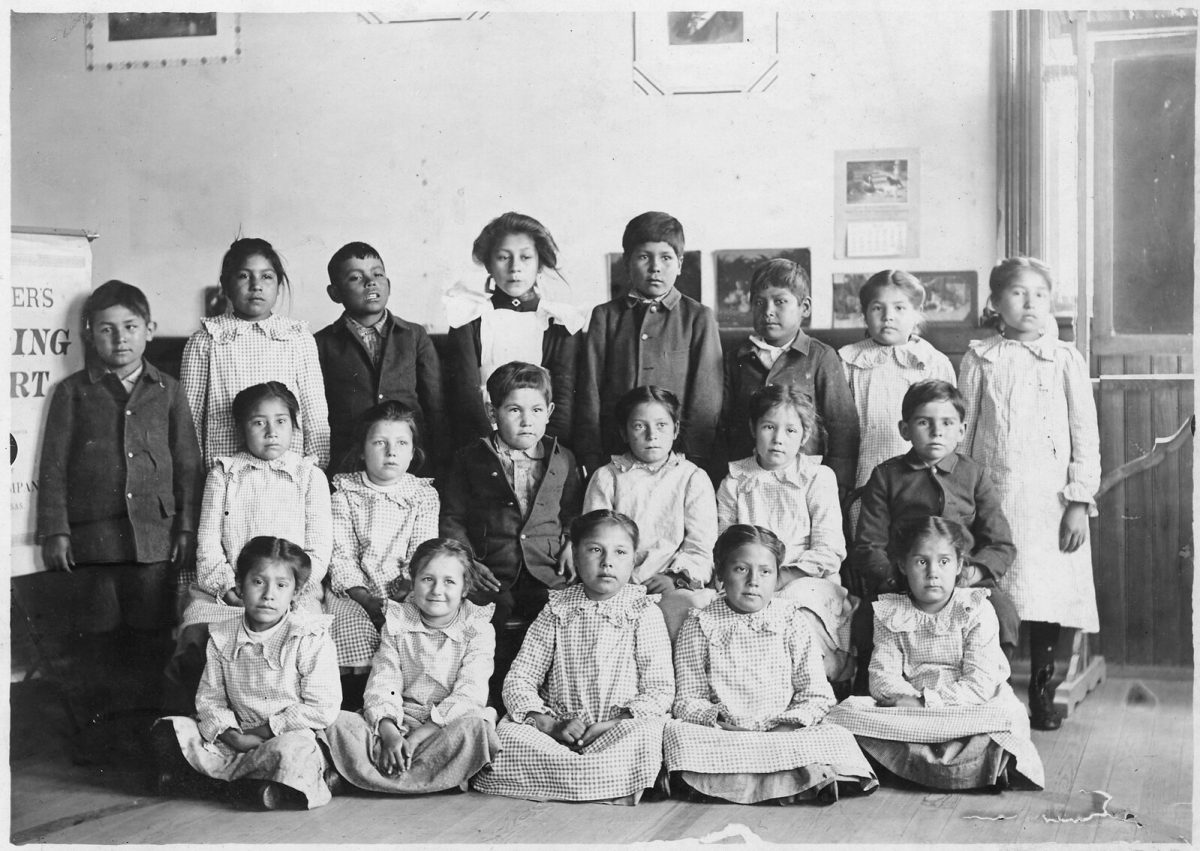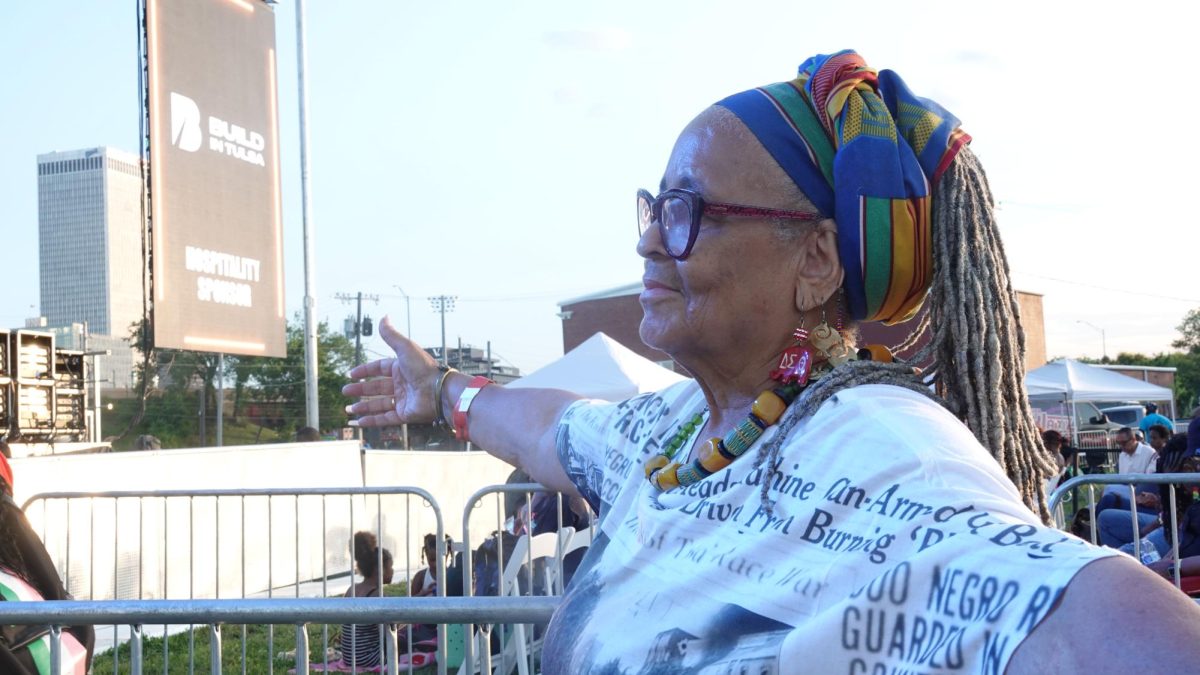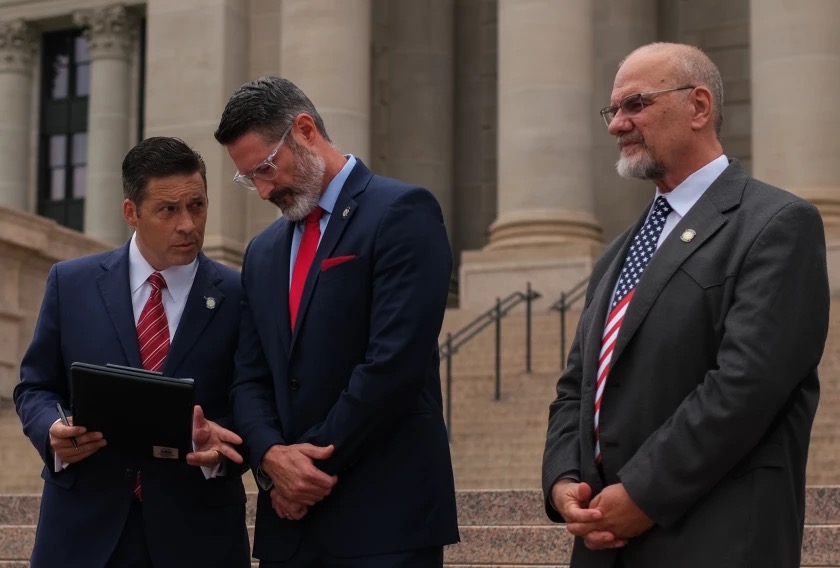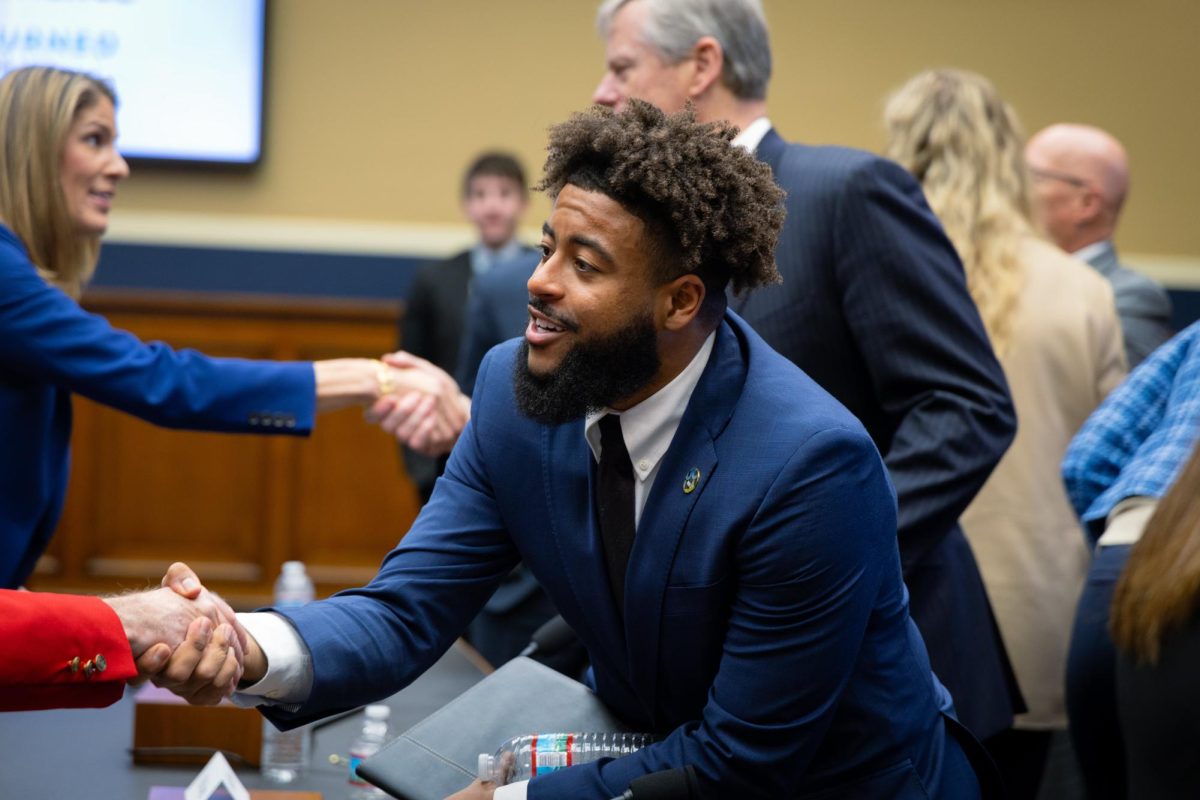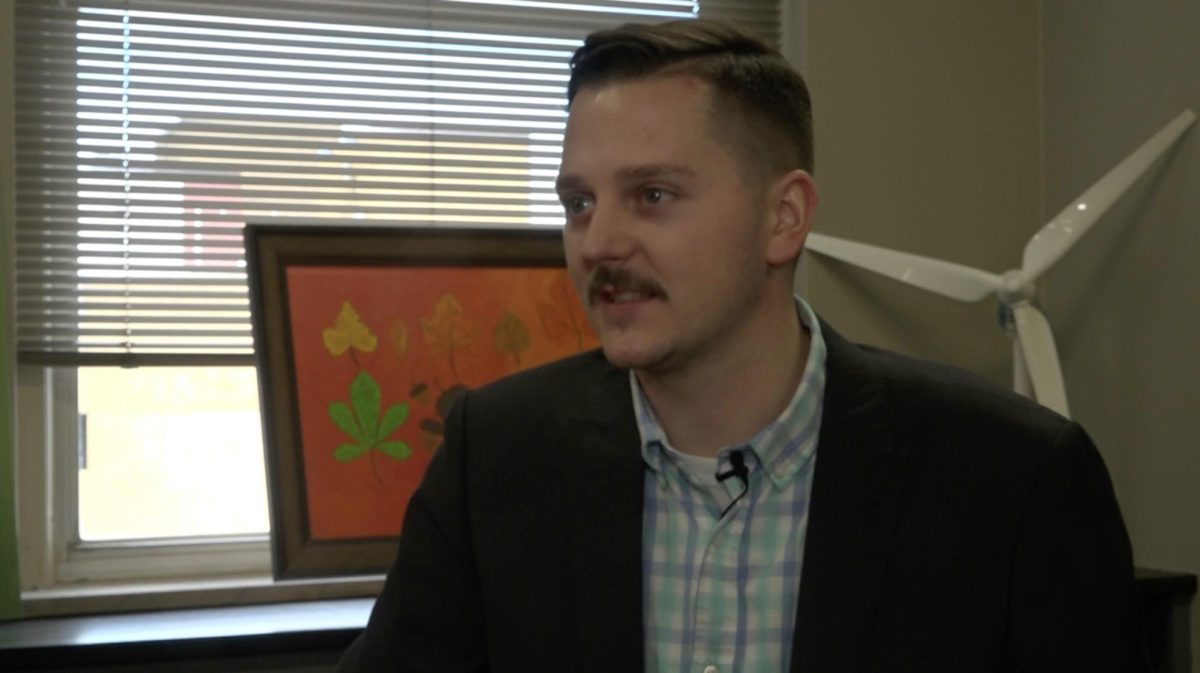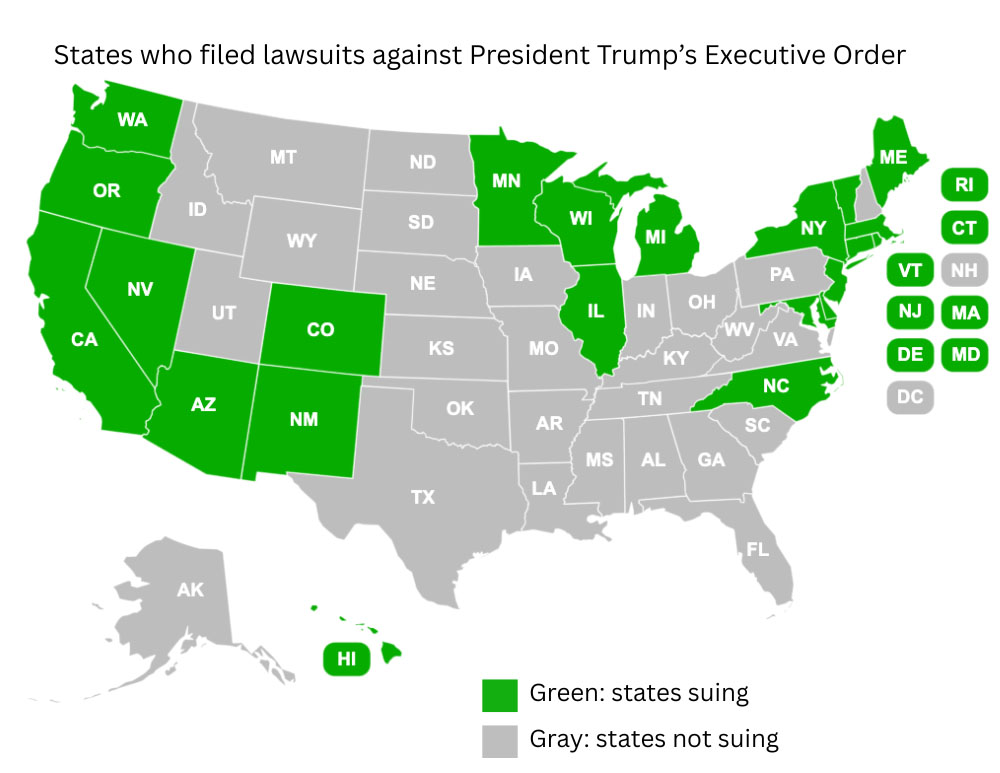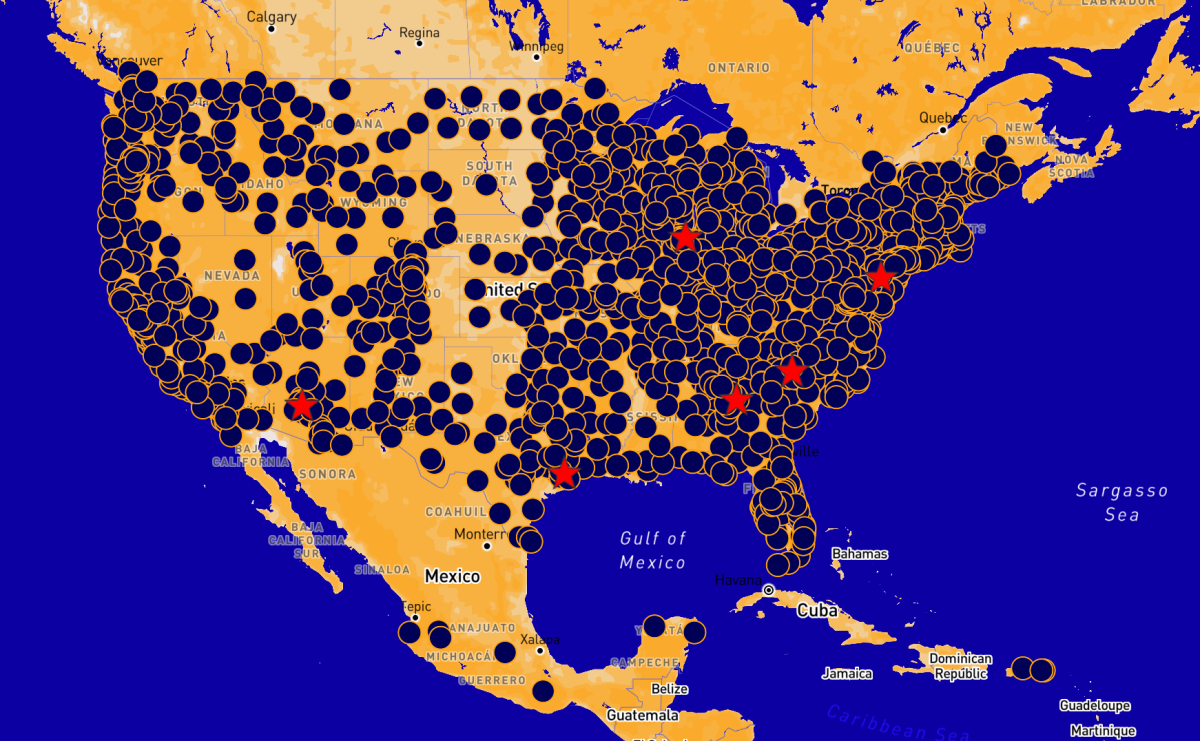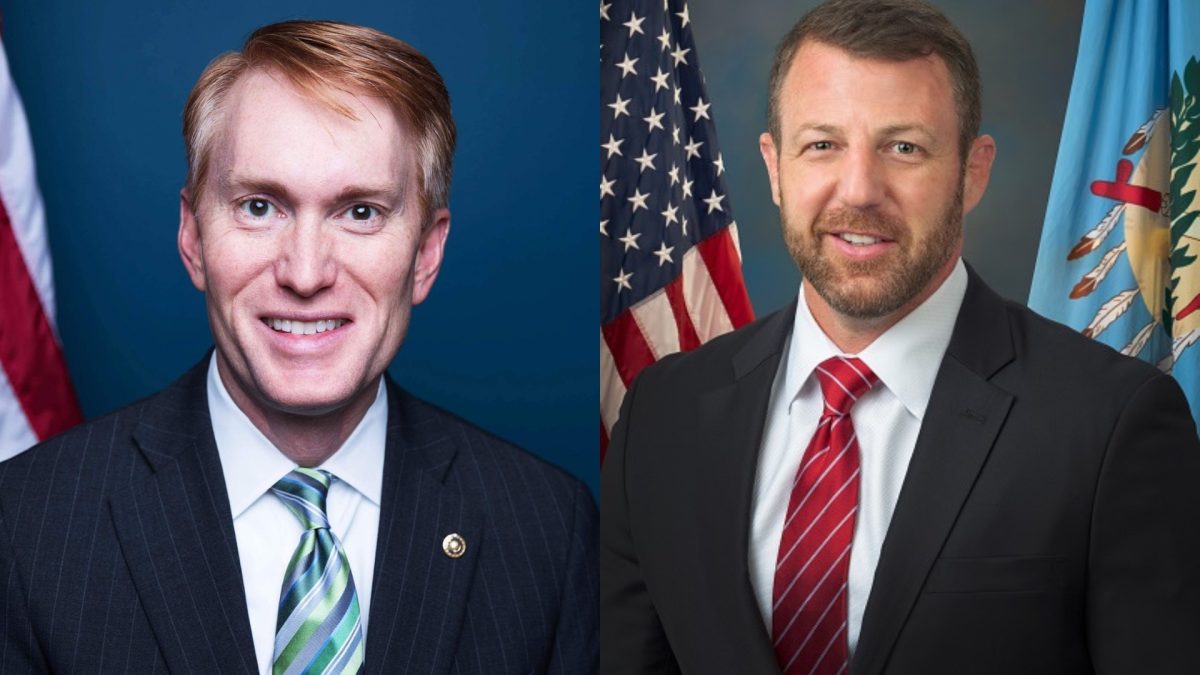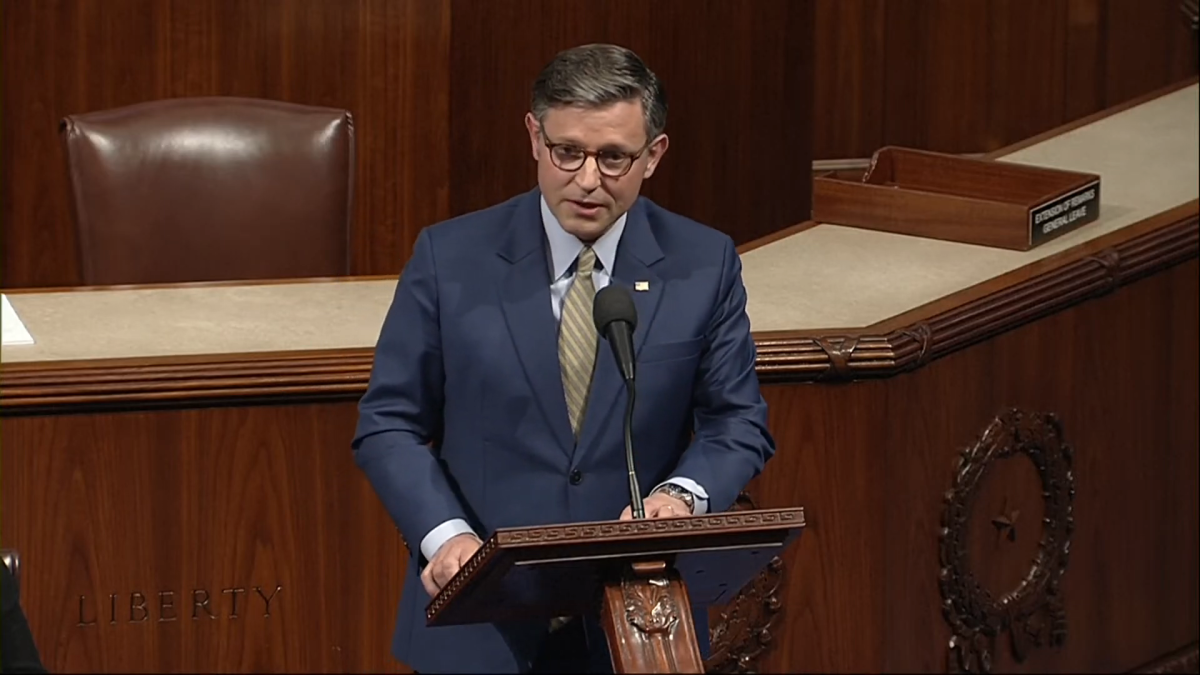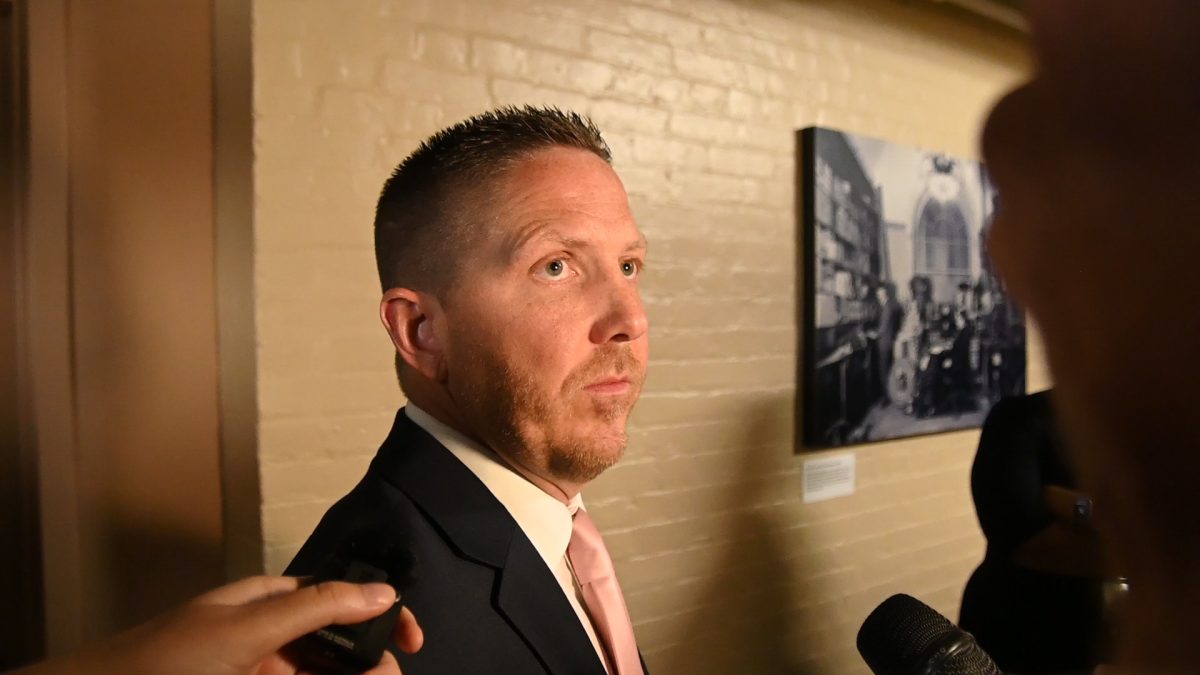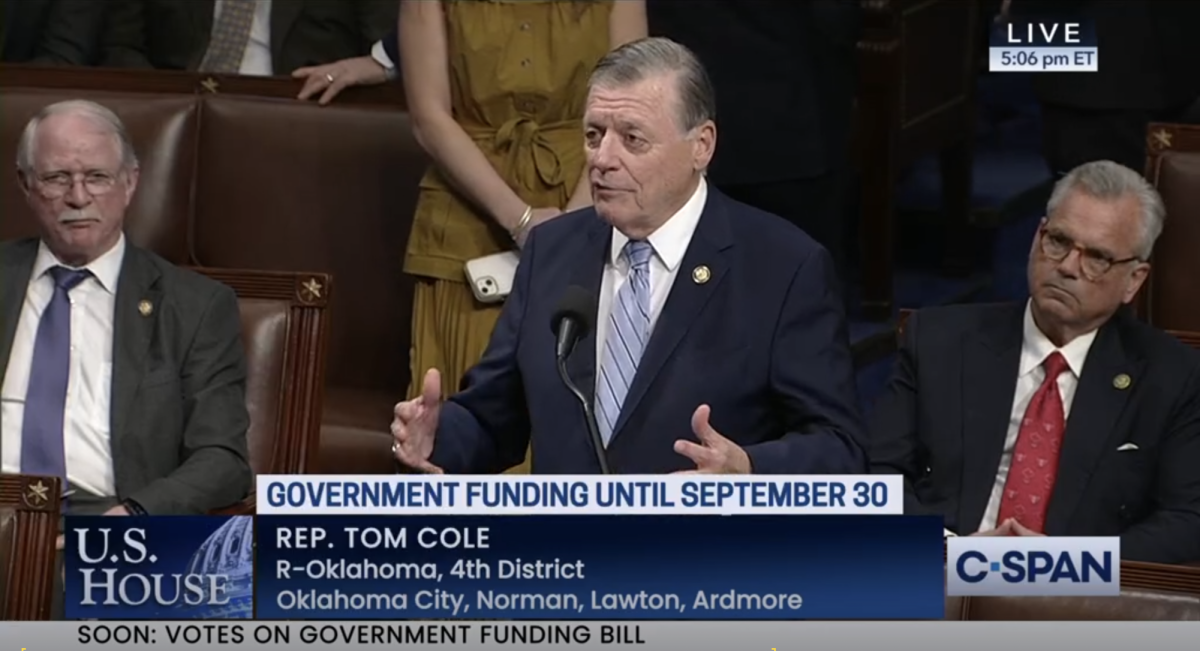Photo by Brooklyn Wayland
WASHINGTON- Oklahoma is one of 14 states yet to adopt Medicaid expansion. Gov. Kevin Stitt has proposed a Medicaid block grant for Oklahoma, but U.S. Rep. Kendra Horn (D-Okla.) said Tuesday it would cost more and limit access.
“It is heartbreaking to have people come up to you and to tell you a story about their child who has Type 1 diabetes whose insulin has increased 200 percent over the last few years and who were trying to figure out how much they can ration their insulin because if they pay for it and they take it and they give it to their children in the dosages they need it, they can’t put food on the table,” Horn said.
Louise Norris, an expert on health insurance and health reform and a licensed health insurence agent, says hundreds of thousands of Oklahomans are not insured.
“The Kaiser Family Foundation estimates that there are 216,000 uninsured residents in Oklahoma, and more than half of them (51 percent) are in the Medicaid coverage gap,” Norris said. “That’s 111,000 adults who are in households with income below the poverty level, and who don’t qualify for any financial assistance with health insurance.”
With Medicaid an important issue in Oklahoma, Stitt proposed a Medicaid block grant, but State Question 802 to expand Medicaid will go before the voters after nearly 300,000 Oklahomans signed a petition.
If Medicaid is expanded in Oklahoma, another 233,000 residents would be covered. Currently, an Oklahoma household qualifies for Medicaid on an income of just over $10,000 annually. The issue is residents who earn too much to qualify for Medicaid, but not enough to afford subsidized healthcare coverage.
“Oklahoma is 48th in the nation for uninsured,” Horn said. “We are experiencing a crisis. I hear it every day from people who are not able to access quality, affordable care. We’ve had seven hospitals across the state close in large part because we didn’t take the Medicaid expansion dollars. And these dollars go to making sure adults, working adults don’t fall through the cracks.”
Stitt says forcing expansion by amending the state constitution is the wrong approach that would not only be ineffective but would fail to fix Oklahoma’s problem. He says he has a better solution.
On Jan. 30, Stitt laid out his healthcare plan, SoonerCare 2.0, which would change a lot about Oklahoma healthcare.
SoonerCare 2.0 would focus on capturing federal funds available under Medicaid, pursue the maximum flexibility offered by the Trump Administration’s Healthy Adult Opportunity (HAO) program initiative to increase personal responsibility, innovate the rural healthcare system and deliver reform across the entire Medicaid program in the state.
The reform would include work requirements as well as civic engagement requirements for Medicaid recipients.
“The people who don’t make enough to qualify for subsidies under the ACA (Affordable Care Act) but make too much to qualify for Medicaid and to put that into real dollar terms it’s about $400 a month,” Horn said. “It’s not much. And the benefits are vast. We have communities now that don’t have any healthcare providers and if we went with a Medicaid expansion that has been proposed that’s the straight Medicaid expansion, it would give 200,000 oklahomans the possibility of getting on insurance that don’t currently have it.”
In support of Trump’s HAO initiative, the work requirements proposed by Stitt could push people above that income threshold causing them to no longer be eligible.
Stitt, however, said Oklahomans currently on Medicaid would not be affected.
“There’s nobody that is currently eligible that will no longer be eligible,” Stitt said.
But Horn said that is not the case.
“What we do know is that the plan that the administration put out puts more burden on the states to pay for the Medicaid expansion under the block grant program,” Horn said. “It would allow states to charge more for copays and services, which when we’re talking about people that are right there just on that very margin could make a difference of whether or not they get access to insurance and as I mentioned, 500,000 Oklahoma children are on Soonercare right now. Any significant changes along those lines could have a significant impact on them.”
According to the Robert Wood Johnson nonprofit foundation, over the next 10 years it would cost the state $689 million to expand Medicaid. But Oklahoma would lose $8.6 billion in federal Medicaid funding.
“But what we’re talking about, Medicaid expansion is a 9 to 1 federal dollar match,” Horn said. “For every $9 the federal government puts in, it only requires $1 of state money.”
Horn said that with a block grant, the amount of money received will stay the same.
“It [block grant funding] assumes that the amount that we need to provide care is the same now,” Horn said, “This is your money and it doesn’t increase. It doesn’t increase with population, it doesn’t increase as the costs increase. It is a set amount. That’s what a block grant is… this grant says this is how much money you’re getting no matter if 50,000 more people are on it or not, and it stays steady as costs increase. That’s why block grants don’t work for programs like [Medicaid].”
According to Horn, Medicaid expansion is the best thing for Oklahoma because it is more flexible than any block grant.
“We have to both take care of people and our pocketbooks,” Horn said. “We have to be responsive to the needs of our communities and follow and set up programs that provide for the most economic growth and opportunity and that’s what we’ve seen from all of the states that have implemented Medicaid expansion. That’s why I think it’s so important we take advantage of this opportunity.”
Gaylord News is a reporting project of the University of Oklahoma Gaylord College of Journalism and Mass Communication.

